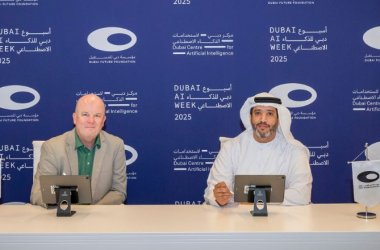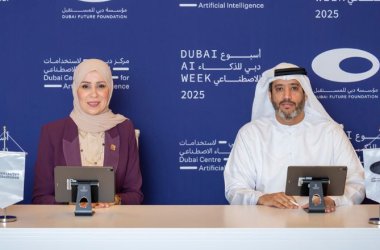A Google-commissioned study conducted by marketing research firm AlphaBeta quantified the economic impact that services like Google Maps and Google Earth brought to consumers, businesses and society in 2016 in the United Arab Emirates.

According to the study, modern mapping services have the potential to unleash consumer benefits worth over AED 2 billion (US$550 m) per year.
Digital maps technology enables users to travel faster by reducing travel time by 16 percent on average in the UAE, placing the value of time saved at AED 25 billion ($6.7 billion) – based on local wage rates. By reducing travel time, digital maps also helped save around 45 litres of fuel per car, worth AED 79 ($21.60) in the UAE per year – that’s 2.5 billion litres of fuel, worth AED 4.4 billion ($1.2 billion) in total.
In addition, 31 percent of digital map users in the UAE said it helps them identify security facilities (such as police stations) which ultimately enables them to stay safer. Finally, UAE consumers reportedly saved over 125 million hours per year from having access to these services, which has resulted in them being able to make more efficient purchasing decisions, and has sped up their shopping experiences. The value of time saved is AED 9 billion ($2.4 billion) – again, based on local wage rates.
“We want to help people in the region understand what Google Maps can do for them. To do that, we need to understand maps today and the impact they have on people’s lives, which is why we worked with AlphaBeta to conduct this study,” said Selim Edde, Head of Government Relations and Public Policy at Google. “While the results reveal great benefits for consumers, businesses, and society, there remains more potential to be unlocked by geospatial technology.”





